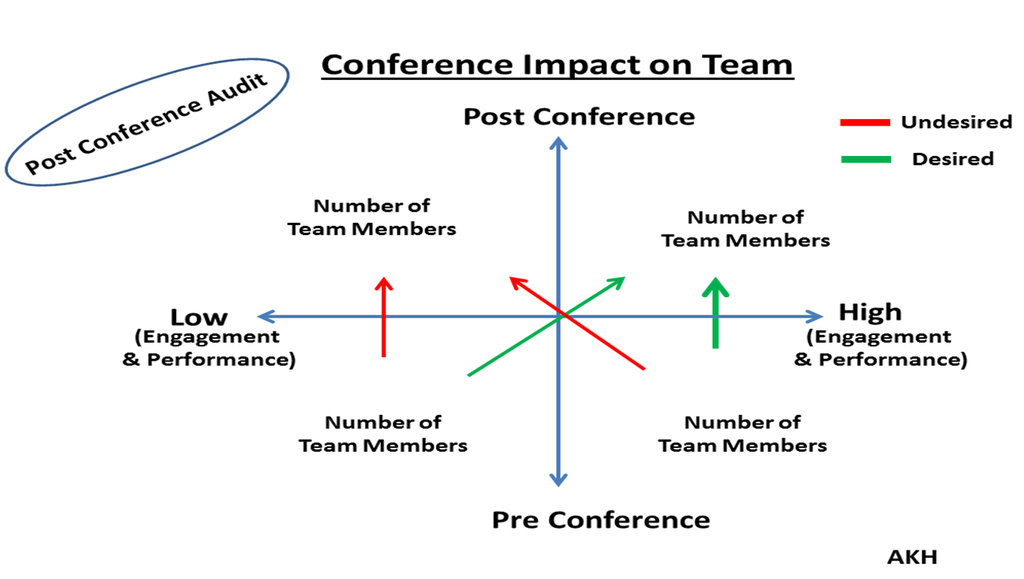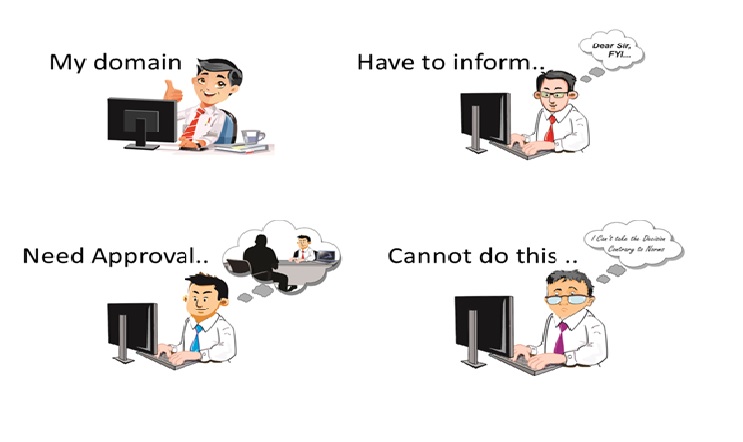Of all sense organs, tongue has maximum bearing on our life. It is the instrument to health and social wellbeing. Life gets beautiful if tongue is restrained. Driven by taste and Indulgence we invite multiple diseases – gastritis, diabetes, hypertension, obesity and so on. Using tongue to abuse others costs us respect, culture, social acceptance and mental agony.
Control of tongue and thus speech is essential. One slip of tongue by Draupadi( the wife of Pandavas) caused the battle of Mahabharata. When Duryodhan (the son of Blind King Dhritrashtra) stepped into the pond in Pandava’s palace, mistaking it to be normal floor, she uttered sarcastically “blind son of a blind father”.
Tulsidas in the scripture Ramcharitmanas has pronounced slander as the biggest sin, yet most of us do not mind our language while we talk.
We must choose our words carefully because they tell our:
1. Upbringing (Samskaras)
2. Character
3. Intelligence
4. Mental Balance
5. Etiquette
6. Wisdom
7. Class
8. Reality (Introduction)
It is hence important that,
a) we speak the truth,
b) we speak humbly (with compassion and respect for others),
c) we speak relevant,
d) we speak to the point,
e) we speak without prejudice and pretence,
f) we speak timely,
g) we speak fearlessly.
One needs to understand that abuse in a discussion indicates bankruptcy of ideas. Instead of exploring solution to a problem, we fall prey to “me right you wrong syndrome”. Instead of losing temper and language, one should raise the quality of one’s argument. At workplace, you know the merit of an employee by the content of mails in his sent box. Employers have begun to screen and assess candidates on the basis of their posts on social media. Recruitment and selection process has undergone big change in recent times.
Our development lies in self –audits. The communication development tool is simple. Every day one should,
a) identify one slip made in communication,
b) reframe the same with positive content and tone,
c) resolve to practice correction the following day.
Let us create a world where flow of communication between citizens is positive and healthy.






Recent Comments